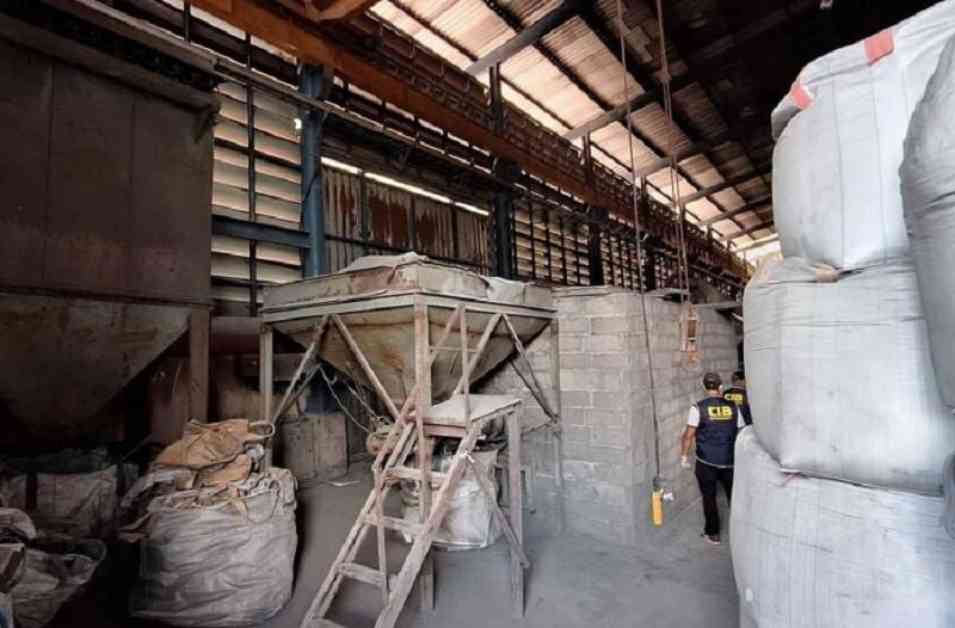Thailand police recently made a significant seizure of approximately 14,400 tonnes of hazardous aluminium dross at two smelting factories near Bangkok. The operation was carried out by police in Nakhon Pathom, led by Police Colonel Arun Wacharasisukanya, Deputy Commander of the Natural Resources and Environmental Crime Division.
The police intercepted a semi-trailer truck on Saturday that was carrying large bags of aluminium dross without permission. The truck was headed to an aluminium factory in Mueang district, Samut Sakhon. Upon further investigation, it was found that Taibao Aluminum Co, the intended destination of the truck, had 2,100 tonnes of aluminium dross stored on its premises. Additionally, the factory was found to have hot aluminium bars on-site, despite not being operational at the time.
Another factory in Nakhon Pathom, which was the source of the aluminium dross found on the truck, was also inspected. This factory had been ordered to close in April for operating illegally, but continued its activities. A total of 12,387 tonnes of aluminium dross and hot aluminium bars were seized from this location.
Police suspect that both factories were being operated by Chinese nationals and have vowed to locate and prosecute those responsible for the illegal activities. Police Colonel Arun emphasized the harmful effects of aluminium dross on health, citing its ability to contaminate air and water, irritate the eyes and skin, and affect respiratory systems. The police are dedicated to addressing environmental crimes and ensuring accountability for those involved.
In related news, a new bill has been introduced to streamline licensing processes, set service standards, and combat public sector corruption through digital means and increased transparency. This initiative aims to improve efficiency and accountability in various sectors.
The Department of Industrial Works is yet to assess the operations at the factory in Samut Sakhon, where the aluminium dross was intended to be delivered. It is crucial for authorities to continue monitoring and regulating industrial activities to prevent environmental hazards and illegal operations. The recent seizure highlights the importance of enforcing regulations and holding violators accountable for their actions to protect public health and the environment.




















